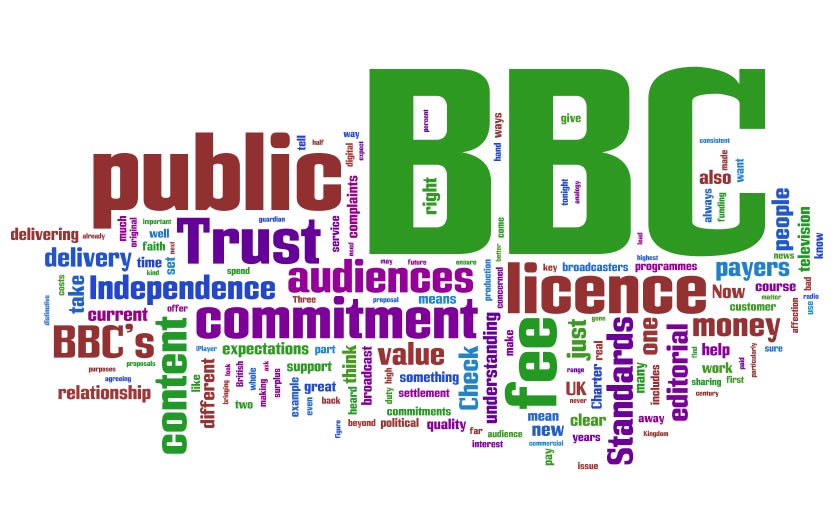The BBC plans to cut its online spending by a quarter and merge the World Service with BBC News in 2014 as part of cost cutting measures, director general Mark Thompson said in an interview with the Media Guardian.
According to a report by the Guardian, Thompson said he aims to save half a billion pounds a year “to ensure the public broadcaster can function within the terms of its recently agreed licence fee settlement”.
In an interview with Media Guardian, Thompson said he expects to make efficiency savings of £330m a year by slashing overheads – including cutting the cost of licence fee collection and targeting evaders of the £145.50 household levy.
The BBC will also cut a quarter from its online spending – currently running at £200m a year – and make unspecified but significant savings by merging the World Service with BBC News in 2014 because “however well-resourced the BBC is, we cannot afford to run two global news operations”.
